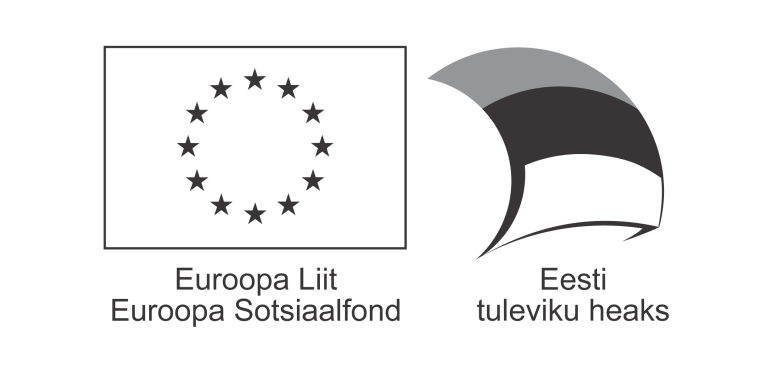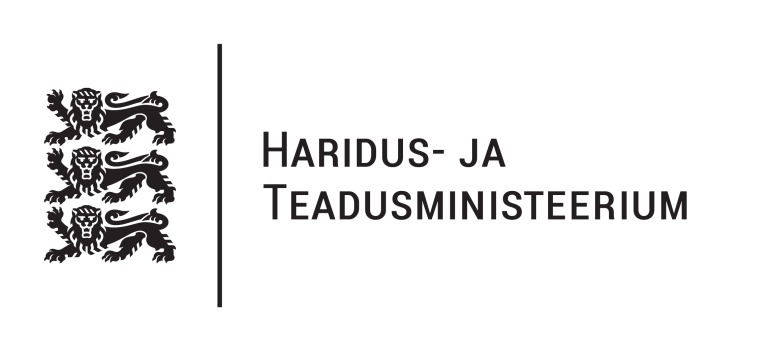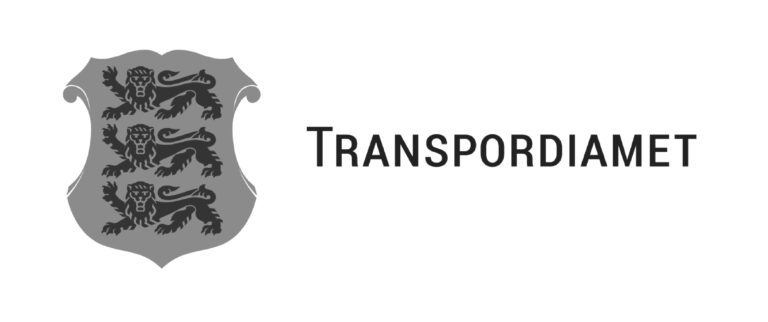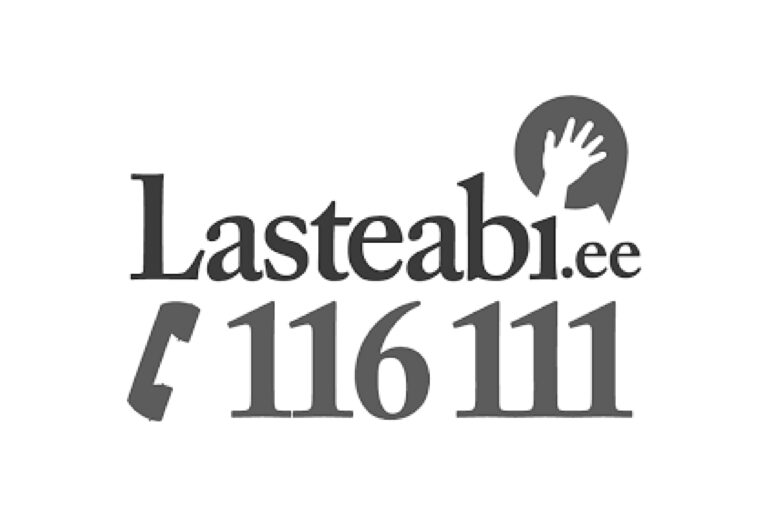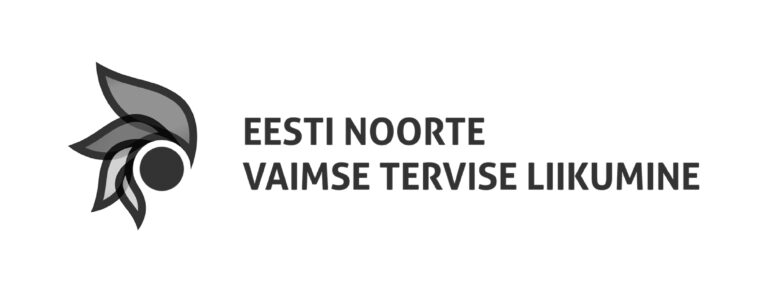Communicating on our smart devices is an integral part of our everyday lives. Popular social media apps offer different ways to express ourselves and to share information with others. This is great if we do it thoughtfully. Since the internet is a public space where everything you share gets recorded and can be forwarded, you should always think about what information you share and whom you share it with to avoid undesirable situations.
Check your privacy settings. In most apps, when you create an account it is by default public which means that everything you publish is available to everyone. To protect your privacy, it is important to make your account private because that way you can control to whom you give permission see your posts. Make sure to check the privacy settings and read the terms of use of social media apps.
Use a password that is as unguessable as possible and don’t share it with anyone. If possible, use two-step authentication in your social media apps to protect your account.
Think your posts through. Before posting, review the content and think about who that information could reach because everyone who sees the post could save it or forward it. Regularly check your posts, messages, and comments. Delete everything that seems unnecessary. Also remember that before you share a photo or video of someone else online, you should ask for their permission.
Sharing your own information. If someone starts communicating with you online, don’t give them any information about yourself or your loved ones until you’ve made sure that the person is trustworthy. Don’t share your contact information lightly and consider carefully what information you want others to see on your profile.
Photos and videos. If you want to add a photo of yourself on a social networking site, think about what kind of photo is suitable. Don’t upload a photo that could embarrass you in front of your parents, for example. Note that all photos can be copied, and you never know where your pictures might end up. Also, don’t upload photos of your friends without asking permission.
Check your friends and contacts list. Don’t accept friend requests lightly from people you don’t know. Only add people you really know to your friends list. It is not about how many people you can add to your friends’ list but rather how many real friends you have. It’s a good idea to think whether you want to share your post with all of your contacts or only a certain part of them.
Don’t do to others what you don’t want others doing to you. Don’t publish other people’s information without their consent. Don’t slander or insult others, treat them with courtesy.
If you need help, let the social media network know by clicking ‘report’ or ‘notify’ or contact a trusted adult or the Child Helpline 116111 (www.lasteabi.ee) or the web-police for advice and assistance.
For more tips, visit noor.targaltinternetis.ee/sotsiaal-vorgustikud
Think before you share.
The material has been compiled by the Targalt Internetis www.targaltinternetis.ee team.
Targalt Internetis (Smart Online) is an initiative by the Estonian Union for Child Welfare. The Union for Child Welfare is recognised as an advocate for children’s rights in society and, for best results, they focus on the most important issues in the field.
Published in the youth information portal Teeviit in 2022.

